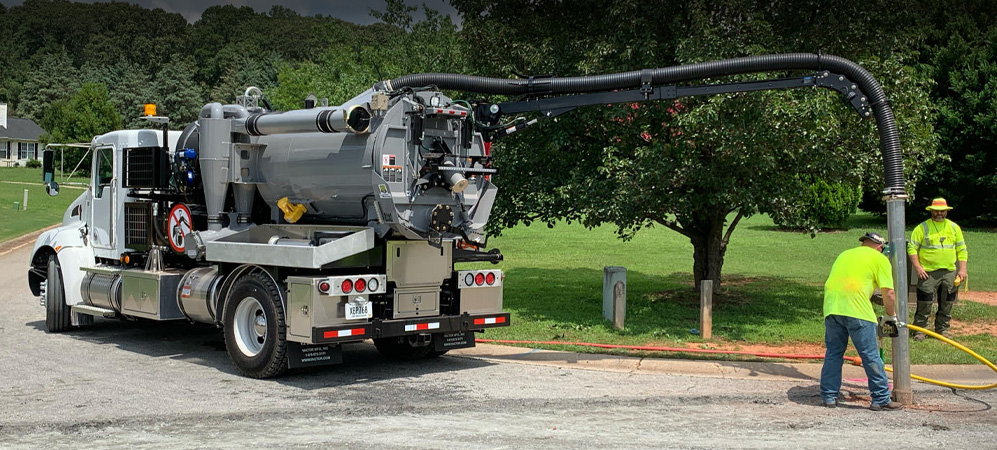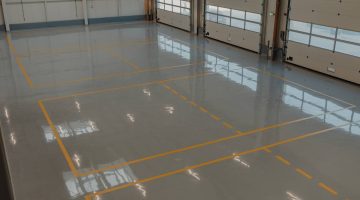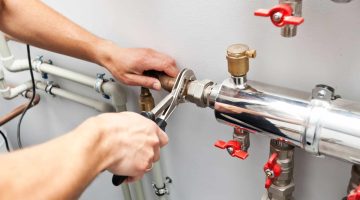
Can neglect plumbing maintenance impact indoor air quality?
In the hustle and bustle of our daily lives, plumbing maintenance often takes a backseat to more apparent household concerns. However, the connection between neglected plumbing and indoor air quality is a crucial yet frequently overlooked aspect of maintaining a healthy home environment with hydro excavation in Green Bay.
When hydro excavation in Green Bayplumbing systems are ignored or not properly maintained, they can become breeding grounds for mold, mildew, and harmful bacteria. These microorganisms can thrive in damp and dark environments, such as leaking pipes or hidden water damage. As they proliferate, they release spores and particles into the air, leading to a decline in indoor air quality.
One of the primary concerns associated with neglected plumbing is mold growth. Mold spores are known allergens and can cause respiratory issues, especially in individuals with pre-existing conditions like asthma or allergies. Leaks or water damage in hidden areas, such as behind walls or under flooring, create the perfect conditions for mold to flourish unnoticed. Over time, these concealed mold colonies release mycotoxins into the air, posing a potential threat to the health of the home’s occupants.

Moreover, stagnant water within plumbing systems can become a breeding ground for bacteria like Legionella, which can cause severe respiratory illnesses, including Legionnaires’ disease. Water that remains stagnant in pipes, especially in warm and humid conditions, provides an ideal environment for bacteria to multiply. Regular plumbing maintenance, including flushing out water from infrequently used pipes, is essential to prevent the buildup of harmful microorganisms.
In addition to mold and bacteria, neglected plumbing can also contribute to increased humidity levels within a home. Excessive humidity can create an environment conducive to dust mites, another common indoor air quality offender. Dust mites thrive in humid conditions and can trigger allergic reactions and respiratory problems.
To mitigate the impact of neglected plumbing on indoor air quality, homeowners should prioritize regular plumbing inspections and maintenance. This includes promptly addressing leaks, repairing damaged pipes, and ensuring proper ventilation in areas prone to moisture buildup. Investing in dehumidifiers and maintaining a well-ventilated home can further help control humidity levels and discourage the growth of mold and bacteria.
The link between neglected plumbing maintenance and indoor air quality is a crucial consideration for homeowners. By addressing plumbing issues promptly and incorporating regular maintenance into home care routines, individuals can create a healthier living environment and minimize the risk of respiratory problems associated with poor indoor air quality.




